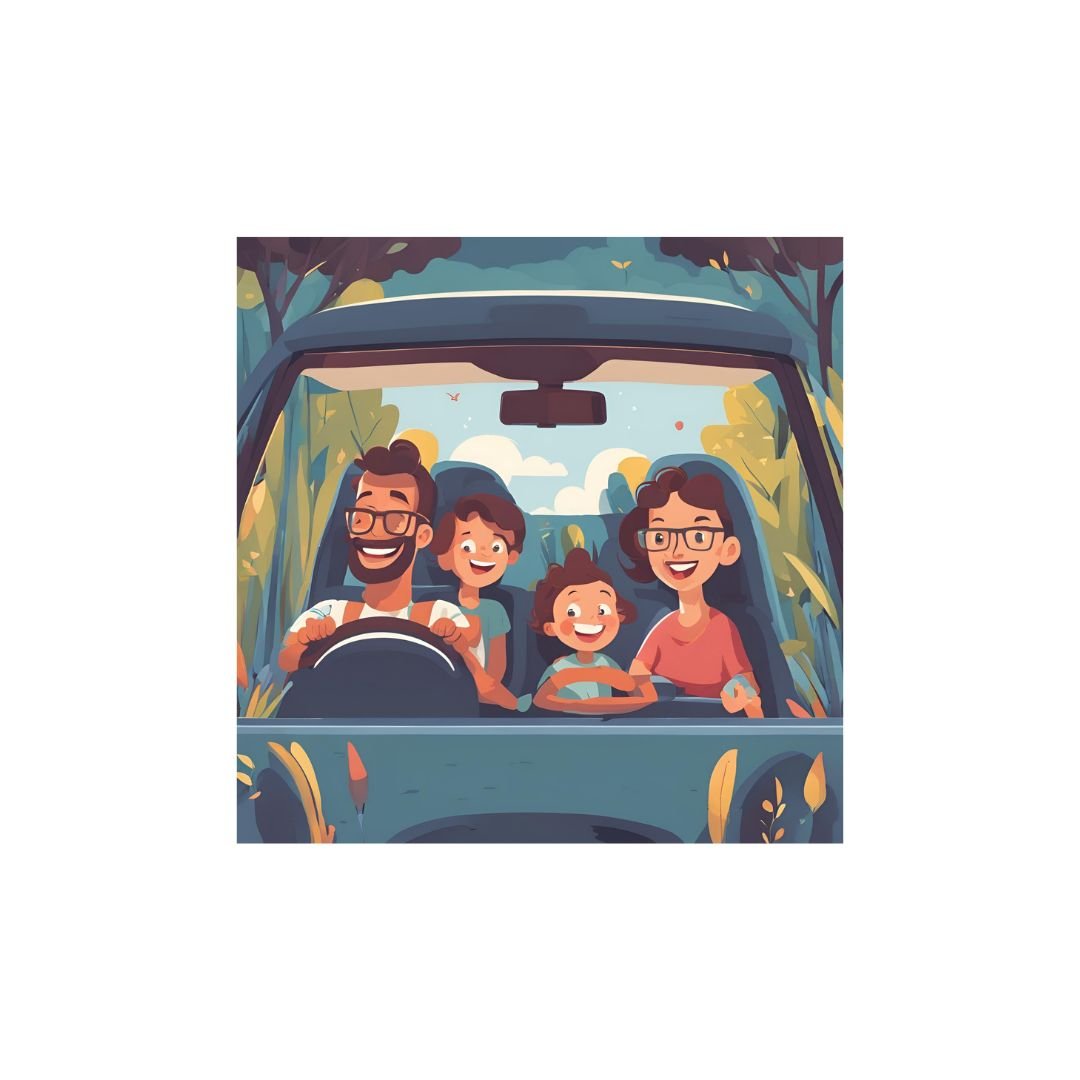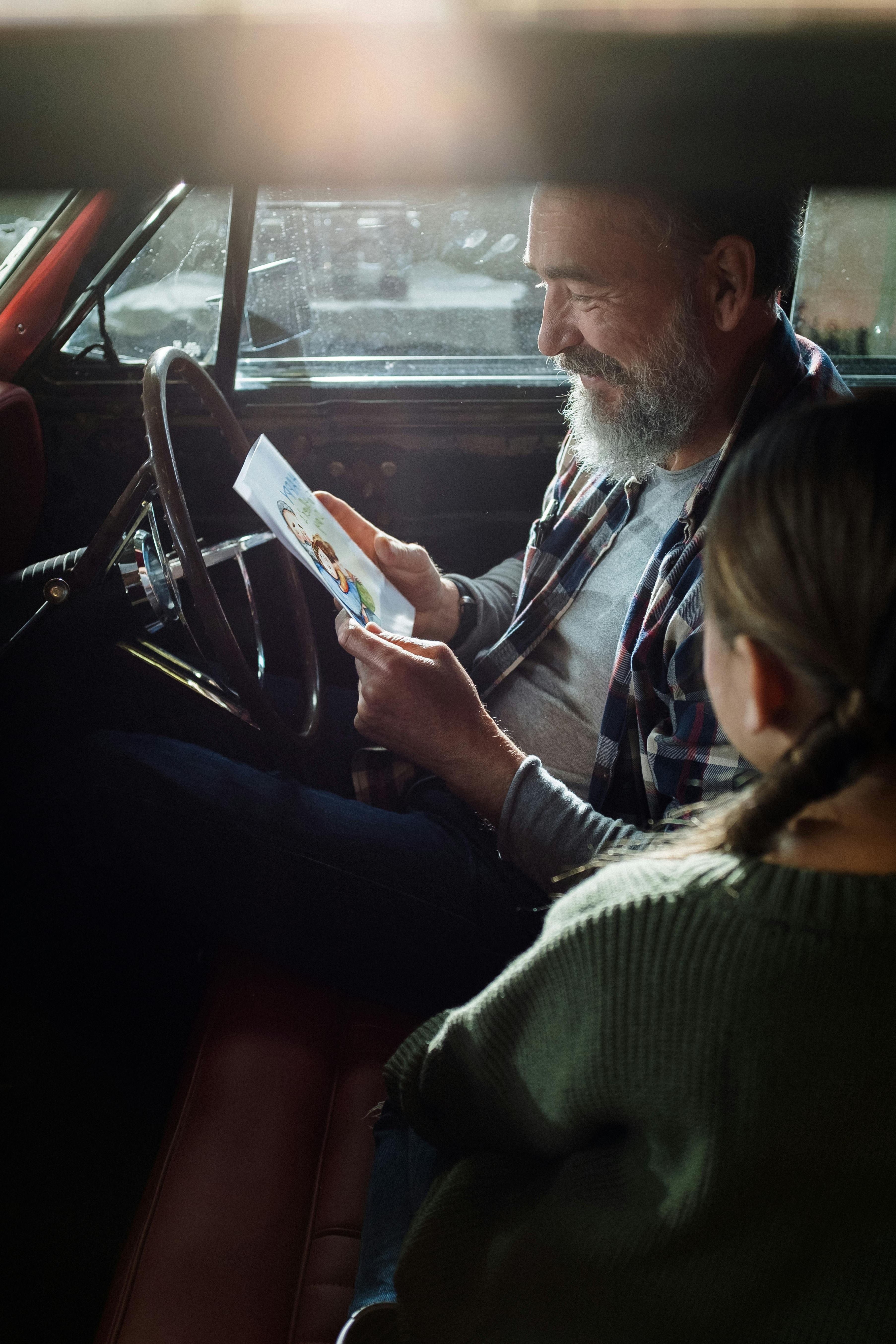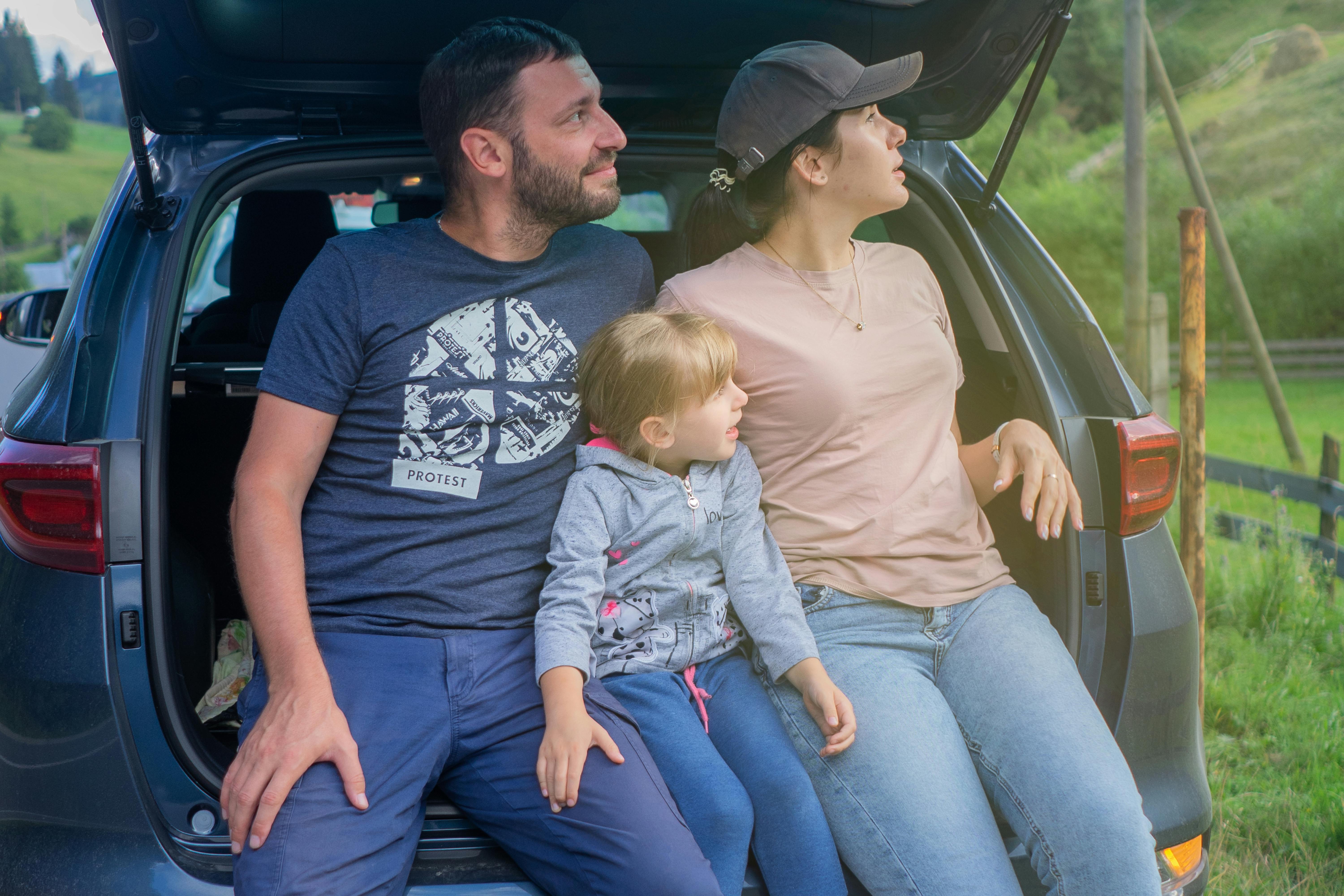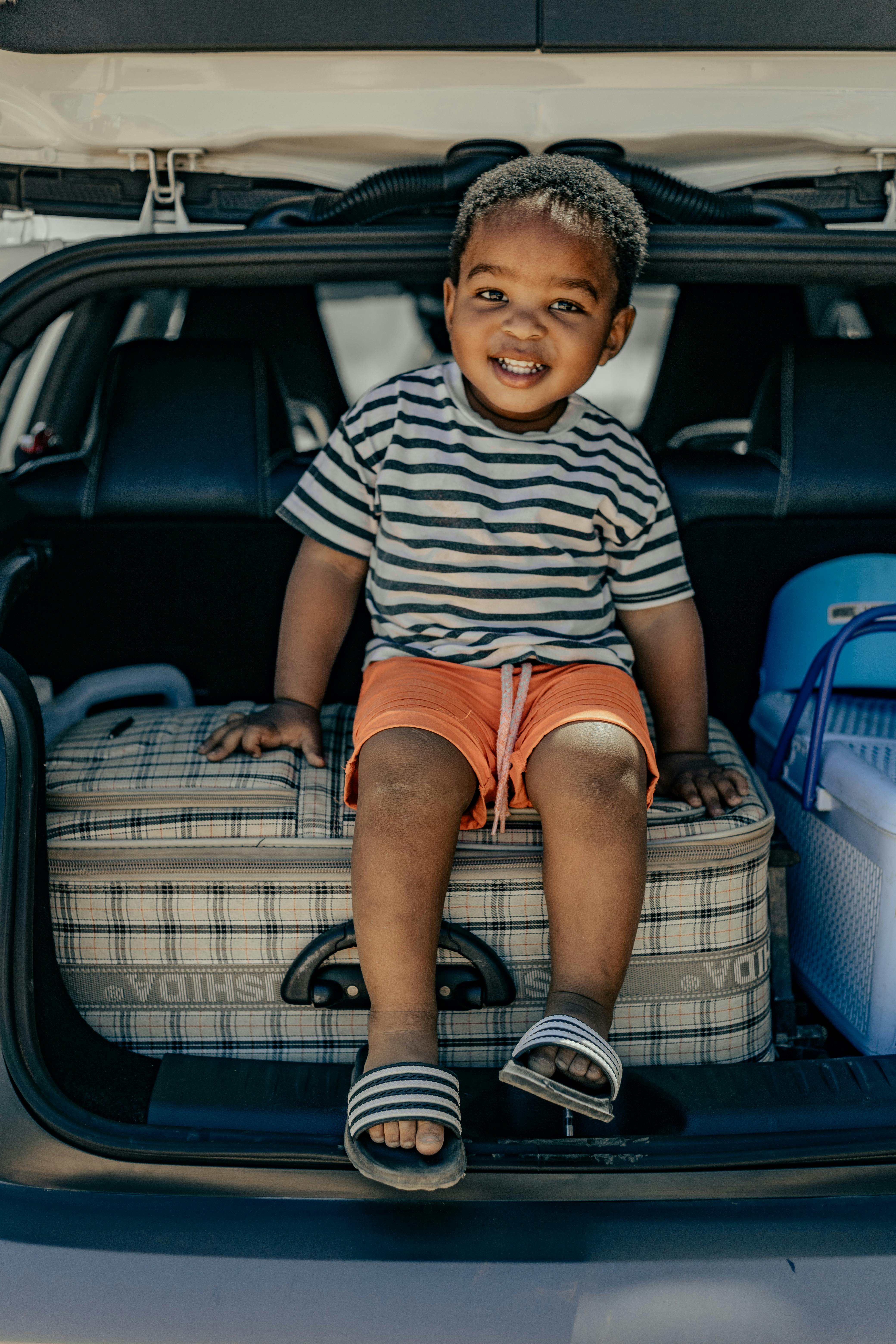The picture is a familiar one and has been immortalised in every possible media genre – the screaming, fighting kids in the back seat and the deeply stressed parents up front wondering why on earth they ever decided to have the children, let alone go on a road trip.
However, have you thought about the long-term effects that road trips can have on a child’s behaviour?
The team at the International Drivers Association has gathered compelling evidence suggesting travelling by road can significantly enhance children’s behavioural development.
Why might road trips be a beneficial influence on children’s behaviour? Beyond simply getting to exciting holiday destinations, road trips offer numerous opportunities for encouraging learning, personal growth and improved behaviour in children.
Julianna Marshall, a travel expert with the International Drivers Association, asserts: "A road trip is not just a mode of transportation; it’s a learning journey. It presents a unique situation that requires children to use skills they might not regularly employ.”
Participants in a study noted family trips provided opportunities to bond, improve communication, strengthen family ties, create memories, repair relationships, connect with extended family and friends and develop patience and tolerance. These are all indicators of what positive psychologists refer to as positive relationships, a crucial aspect of well-being.

Feel the need for a Road Trip and require the right vehicle - we have just what you need.
Road trips are rich with opportunities for teaching children essential life skills:
· Patience: Long hours on the road require patience.
· Respect: Sharing limited space for an extended period demands understanding, mutual respect and tolerance.
· Responsibility: Tasks such as map-reading, packing or keeping track of items help children learn responsibility.
· Communication: The open environment fosters more conversations, enhancing language development and communication skills.
· Adaptability: Changes and surprises on the road encourage adaptability and flexibility.
A survey of 1 500 teachers revealed 74% believe travel has a very positive impact on students’ personal development, further supporting the idea that these trips are beneficial for skill development.

Get the best insurance deal for your car and everything else right here.
Child psychologists agree road trips can play a significant role in reducing stress and boosting children’s mental health.
Marshall explains: "The constant stimuli provided by changing scenery and new experiences can help distract children from everyday stressors.”
Such stimuli not only take children out of their everyday routine but also contribute to their overall well-being, fostering peace, calm, and serenity with lasting impacts on behaviour.
Relationships grow stronger during shared adventures, and road trips are no exception. They offer time away from screens and other distractions, allowing families to reconnect and parents to engage fully with their children.
"Road trips present an opportunity to dive deeper into discussions, share experiences and build a stronger bond with your children," says Marshall.” A stronger familial bond can often result in improved child behaviour.”

Related Article: The right scent can change your driving mood
Children are naturally curious. The new experiences and landscapes offered by each road trip can ignite their passion for learning. They may encounter different cultures, practices and lifestyles, broadening their understanding and promoting empathy and tolerance.
To make the most of your family road trip, consider these tips to create a more enriching experience for your child:
Plan with your children, allowing them to be part of the decision-making process. Encourage children to document their experiences through journaling or drawing. Involve kids in navigational duties using traditional maps. Foster open dialogue and discussions. Enjoy the journey, not just the destination.
A road trip might seem an unconventional way to improve your child’s behaviour, but these shared journeys can yield both memorable experiences and significant behavioural advancements. As parents plan future trips, incorporating these tips can help ensure that the road to fun also becomes a path to better behaviour.
"Happiness is not a station you arrive at, but a manner of travelling," wrote Margaret L Runbeck.
With a bit of initiative and planning, parents might find that the secret to improved child behaviour lies not just at the holiday destination but along the journey itself.
Colin Windell
Proudly CHANGECARS











